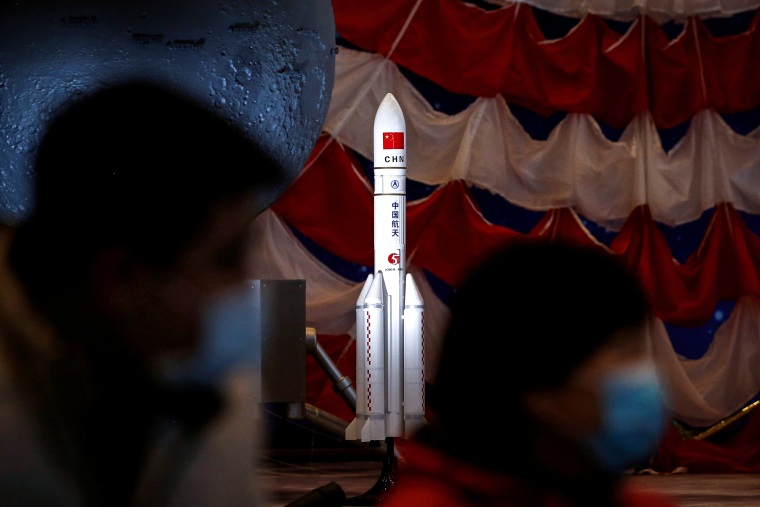M’sia must overcome shortage of engineers, Ic designers
”There are an estimated 10,000 to 15,000 IC designers in the country, but the bulk of them work in multinational companies like Intel and Infineon. It is a challenge to coax these experienced personnel out of their comfort zones and venture into a startup. Hence, talent is concentrated in multinational corporations.”
PETALING JAYA: The country’s potential to be a key hub for advanced semiconductor manufacturing, packaging and fabrication hinges on talent.
Kenanga Research said in a report that talent remained an important concern, after taking into account the country’s strengths, including a well-developed infrastructure, pro-business policies and neutral stance in geopolitics.
The research house said during a meeting with the Malaysia Semiconductor Industry Association (MSIA), the question of how players can move up the value chain and how the government can pivot away from the typical tax incentive mindset to one of attracting and retaining talent was raised.
“Among the environmental, social and governance or ESG components, talent development is a constant concern for the semiconductor industry.
“Key findings from the Semiconductor Quarterly Pulse Survey (fourth quarter of 2024 or 4Q24) showed that talent – specifically a shortage of engineers and integrated circuit (IC) designers, and market competition remained the top challenges for the industry,” it said.
Additionally, data showed that 72% of companies were hiring engineers and technicians in 1Q25, a trend that has continued from previous quarters, indicating a continuous need for talent.
Data also showed that in 2022, the average monthly salary for employees within the electrical and electronics (E&E) industry was RM6,450.
However, only 0.3% of the E&E workforce held an advanced degree, indicating potential for further growth.
According to the research house, there are an estimated 10,000 to 15,000 IC designers in the country, but the bulk of them work in multinational companies like Intel and Infineon.
“It is a challenge to coax these experienced personnel out of their comfort zones and venture into a startup. Hence, talent is mostly concentrated in the already well-established multinational corporations,” Kenanga Research noted.
MSIA then said some steps must be taken to mitigate this.
These include setting up a university focused on Science, Technology, Engineering and Mathematics (STEM), facilitating the hiring of foreign STEM students studying in Malaysia, providing the right incentives to attract foreign talent and encouraging semiconductor players to intensify training.
“The government has earmarked about 10% of the RM25bil allocation to train and upskill 60,000 engineers by 2030 to support advanced manufacturing, research and development, and technological advancements in the semiconductor industry,” it noted.
Meanwhile, Kenanga Research said there were potential opportunities that could emerge in the industry for Malaysia.
There has been growing interest in expanding to Malaysia, especially from Chinese semiconductor firms which are looking to leverage on local infrastructure to facilitate global exports.
“Malaysia remains focused on driving economic growth by fostering a pro-business environment that attracts foreign investments.
“Moreover, Malaysia is actively pursuing high-value foreign direct investment while encouraging collaboration between the local private sector and the government to strengthen and develop a robust semiconductor ecosystem, particularly in advanced packaging,” it added.
To successfully do this, the country will focus on several key factors, including strengthening government incentives for IC design, improving supply chain resilience to support high-end semiconductor manufacturing, and attracting semiconductor fabrication investments.
To add to this, the country had committed US$250mil over 10 years in a strategic partnership with Arm Holdings plc recently to access chip design blueprints and training, aiming to transition from chip assembly and testing (back-end) to high-value semiconductor design and production.
With that, Kenanga Research reiterated the need for greater investments into the semiconductor supply chain to strengthen resilience and attract suppliers from key markets.
“While Malaysia has a strong semiconductor foundation, it must accelerate technological adoption, talent development and infrastructure investments to maintain its competitive edge in the rapidly evolving global market,” the research house said.
Related posts:














